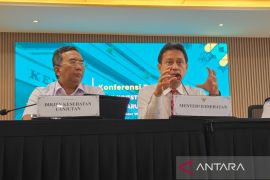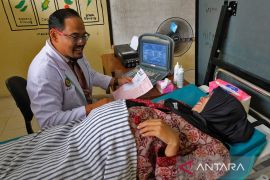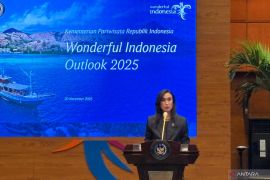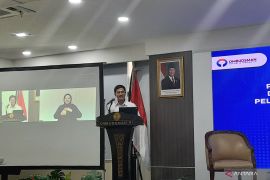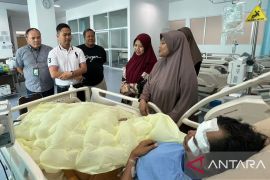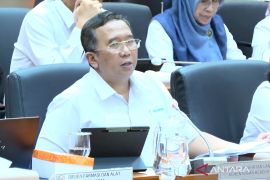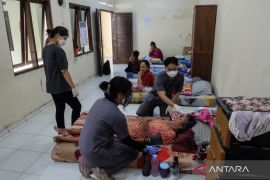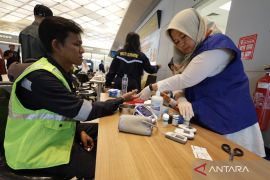In a statement received here on Tuesday, Deputy Health Minister Dante Saksono Harbuwono stated that the strategy comprises four pillars encompassing prevention of infectious diseases, access to essential health services, timely and accurate diagnosis, and right treatment with high quality.
Moreover, he highlighted that the strategy adopts the three concepts of effective governance, strategic information, and external evaluation.
Harbuwono noted that the national strategy is a form of their commitment to learn from the past and strive for better efforts in preventing more cases of AMR.
Cross-sectoral coordination in tackling AMR cases was initiated based on the Coordinating Ministry for Human Development and Cultural Affairs Regulation Number 07 of 2021 on the 2020-2024 National Action Plan on Antimicrobial Resistance Control, he remarked.
The deputy minister expected that the new initiative could save the lives of many people in the future.
The ministry's director general of health services, Azhar Jaya, stated that on a global scale, in 2019, some 1.27 million deaths were caused by AMR.
He noted that the death toll keeps increasing, and 10 million deaths from AMR are projected in 2050. The national strategy is a preventive measure to the concerning global phenomenon, Jaya added.
"If we do not handle it well, of course, it will cause issues, particularly in our country," he stressed.
According to Jaya, the strategy contains 14 interventional measures, which will serve as the basis for a cross-sectoral national action plan on antimicrobial resistance control for the 2025-2029 period.
Acting Team Lead of Health Systems at WHO, Roderick Salenga, said that the national strategy adopts WHO's human-oriented approach.
Salenga remarked that the approach will directly address the issues faced by many when accessing health services in preventing, diagnosing, and treating infections, including those resistant to medications.
In other words, he affirmed that the approach highlights access and justice, which are important values in health transformation.
"We expect that Indonesian leadership can consistently inspire not only awareness but also action," he noted.
Related news: Indonesia intensifies efforts to combat AMR
Related news: AMR control system at Tulungagung hospital designated as pilot project
Related news: Indonesia, WOAH, FAO collaborate to curb antimicrobial resistance
Reporter: Mecca Yumna Ning Prisie
Editor: Azis Kurmala
Copyright © ANTARA 2024

